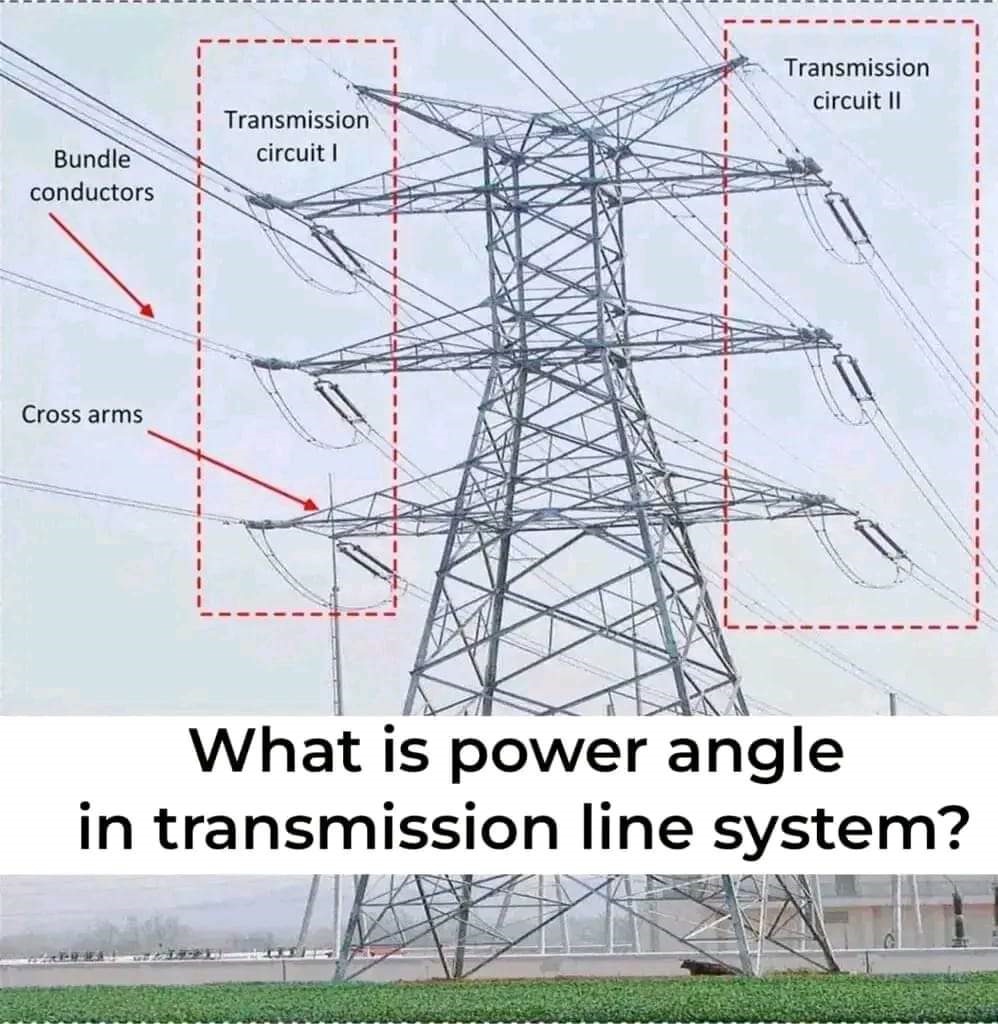Electrical Power Engineering

About Course
SETA Professional Electrical engineers have a combined 490 years experience working in the electrical power utility sector, mining, telecommunications, textiles, leather, food and beverages and agricultural industries. Eng Mukono has over 30 years as an Instrumentation Systems Engineer, DC and AC Drives Design Engineer, Plant Commissioning Engineer, Maintenance Engineer and Solar Systems Professional Director.
This module has been written to teach engineers and technicians the basics of electrical power engineering. It will also act as a useful revision tool for electrical graduate engineers or those engineers and technicians who are new to the industry.
The course uses detailed illustrations & simple explanations to convey the topics involved.
More advanced modules will be updated progressively in future to broaden these basic engineering ideas further and use them to show how an electrical power utility systems are designed, constructed, tested and operated.
Who this course is for:
- people with a desire for careers in electrical engineering
- graduate electrical engineers
- school pupils and school leavers who want to enter the electrical engineering industry as a life time career
Description
This course is designed to introduce a technician to the principles of electricity. If you are new to the field or have the experience, take this class to refresh your memory in the following areas:
- How to work safely with electricity.
- What electricity is, how electricity works.
- What components make up an electrical circuit.
- How circuits operate and why they operate that way.
- What has to happen for an electrical component to operate properly.
REQUIREMENTS
There are no stringent requirements to take this course except to be willing to learn about electricity, how it works and how to control it to make it work for us. However, the knowledge gained here is ideal for passing City & Guilds Level 1 examinations as well as Hexco National Certificate (NC).
Electricity is hard to understand because you cannot see it; you cannot smell it, and touching it is one thing you don’t want to do. You should take this course so that I can help you understand how electricity works, where electricity comes from, how it gets to you, and how we can make electricity work for us. Technicians who take this class may learn that “electricity is very lazy. We need to make it work for us and work properly.” Take class to understand the troubleshooting and repairing of electrical components, appliances and systems in an HVAC unit.
Working with electricity is much more than just knowing how to install or repair electrical equipment or HVAC electrical components. By taking the Basic Electricity course, you will be equipped with the proper techniques and safety skills to lead you to your professional success.
SETA INSTITUTE has long serving experienced vocational-technical skills instructors for over sixteen years. The Department is lead by Eng Gideon Moyo. In 1989, Gideon joined TelOne as a Telecommunication Engineer. He later moved to NetOne where he got involved in the design and deployment of many of the TelOne base stations all over Zimbabwe. Through out his career, he has developed a natural liking for transferring skills and competencies and has acquired the necessary instructional skills in maintaining and servicing various types of air conditioning systems, air handlers, chillers, hydraulics/pneumatics systems, motors, pumps, boilers, galley and laundry equipment. He is strongly passionate about sharing and passing his knowledge to others and teaching HVAC systems, Refrigeration, Electrical Motors, Schematics, Basic Electricity, and Heat Pumps. He has also taught these courses in Kenya, Seychelles, South Africa and Zimbabwe. He has taught over 20,000 students during his teaching career. He and his team are looking forward to passing on this knowledge to new engineers, technicians and maintenance personnel who wish to enroll and take these lessons.
Who this course is for:
- Technicians, Electrical Professionals, HVAC Technicians, Maintenance Professionals
Course Content
Introduction to Electrical Knowledge
Student Ratings & Reviews
